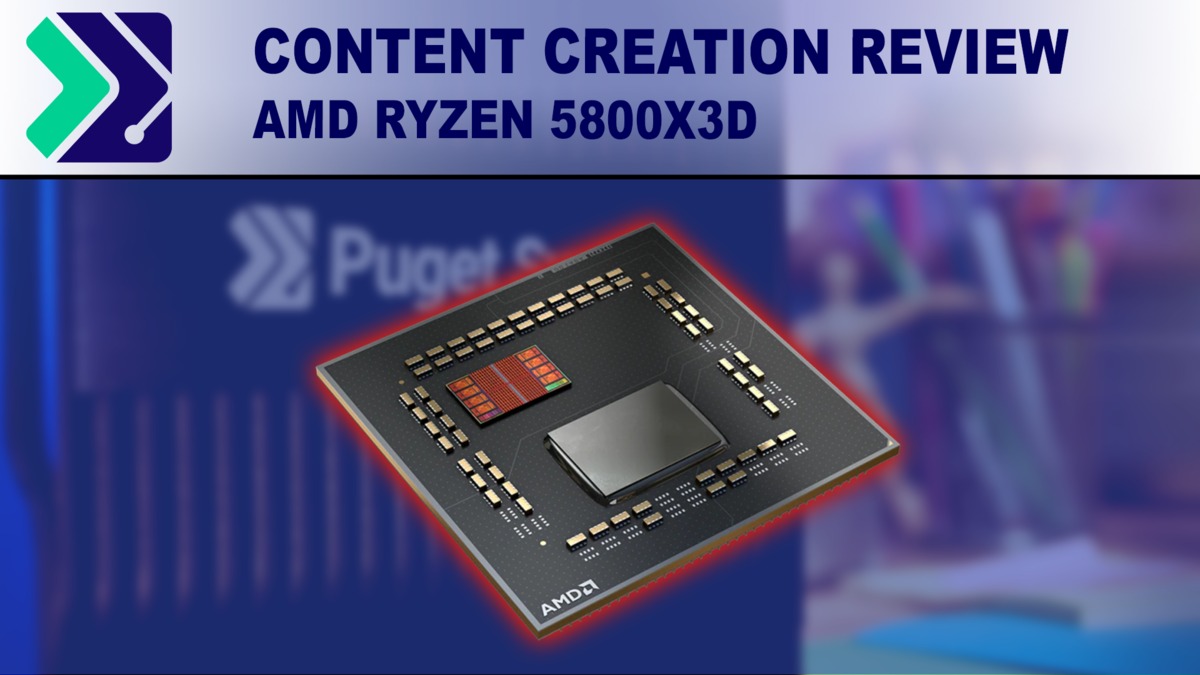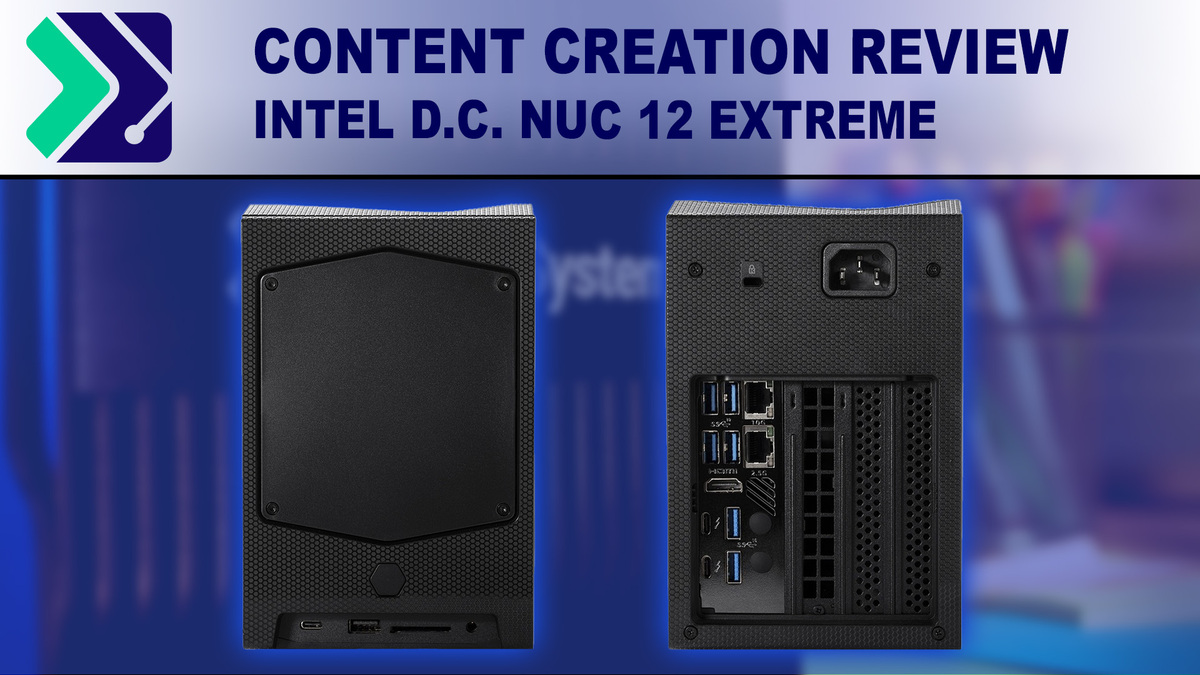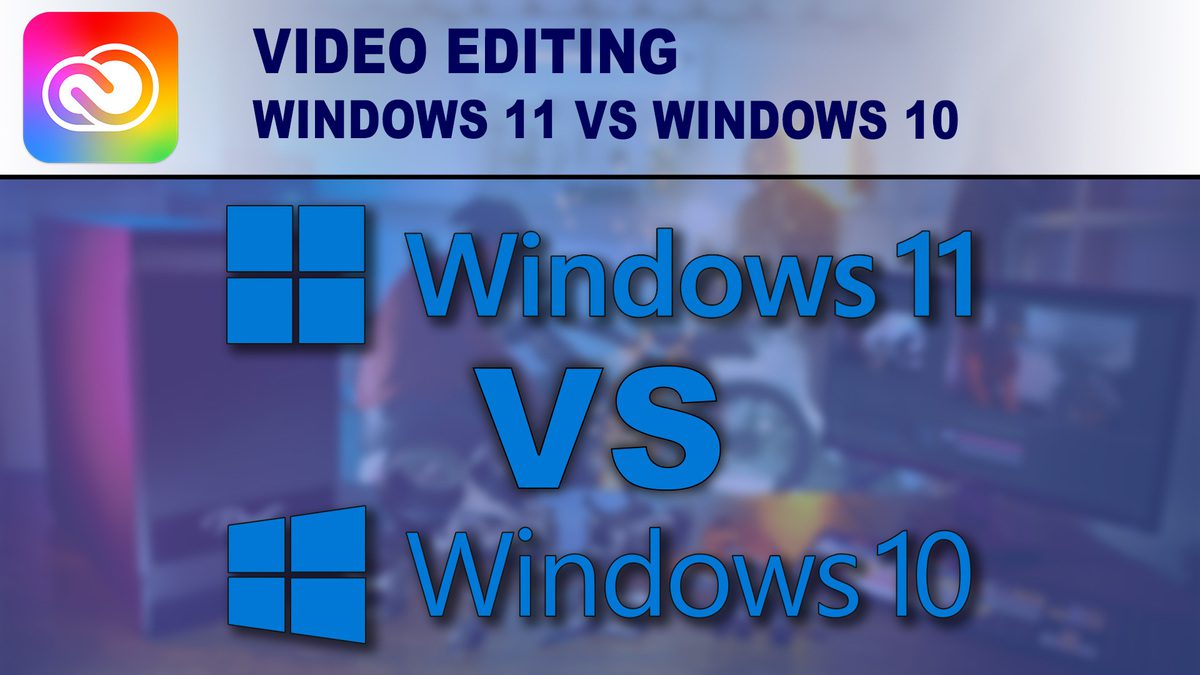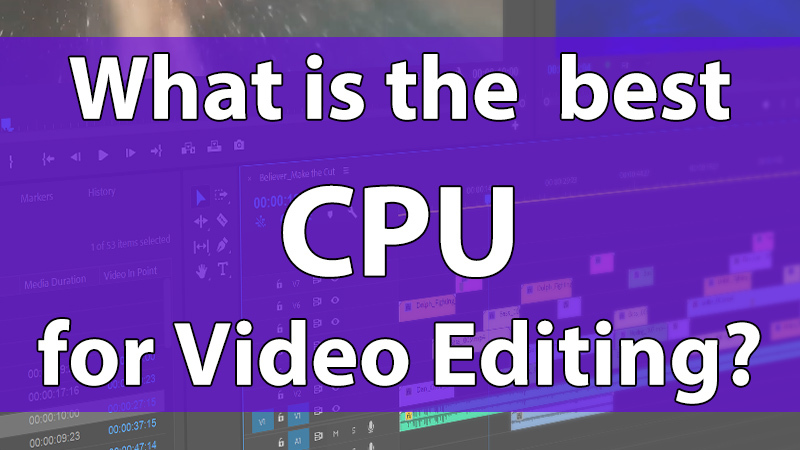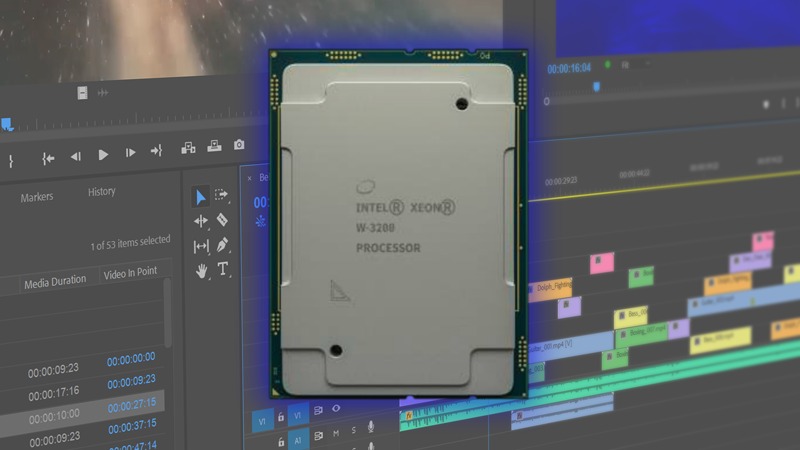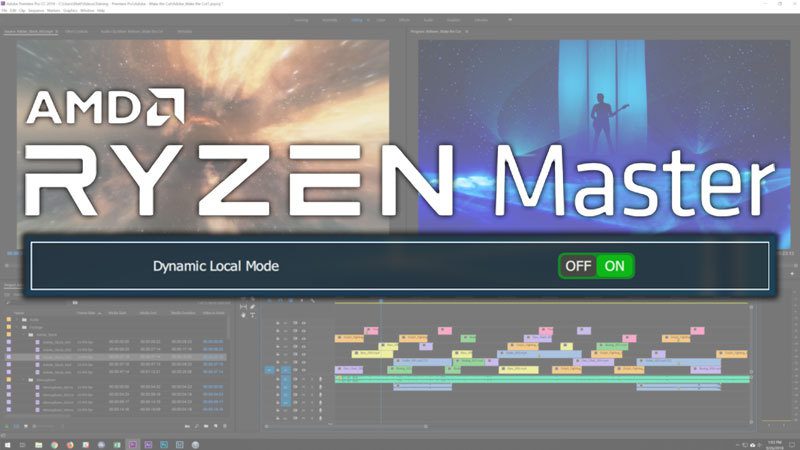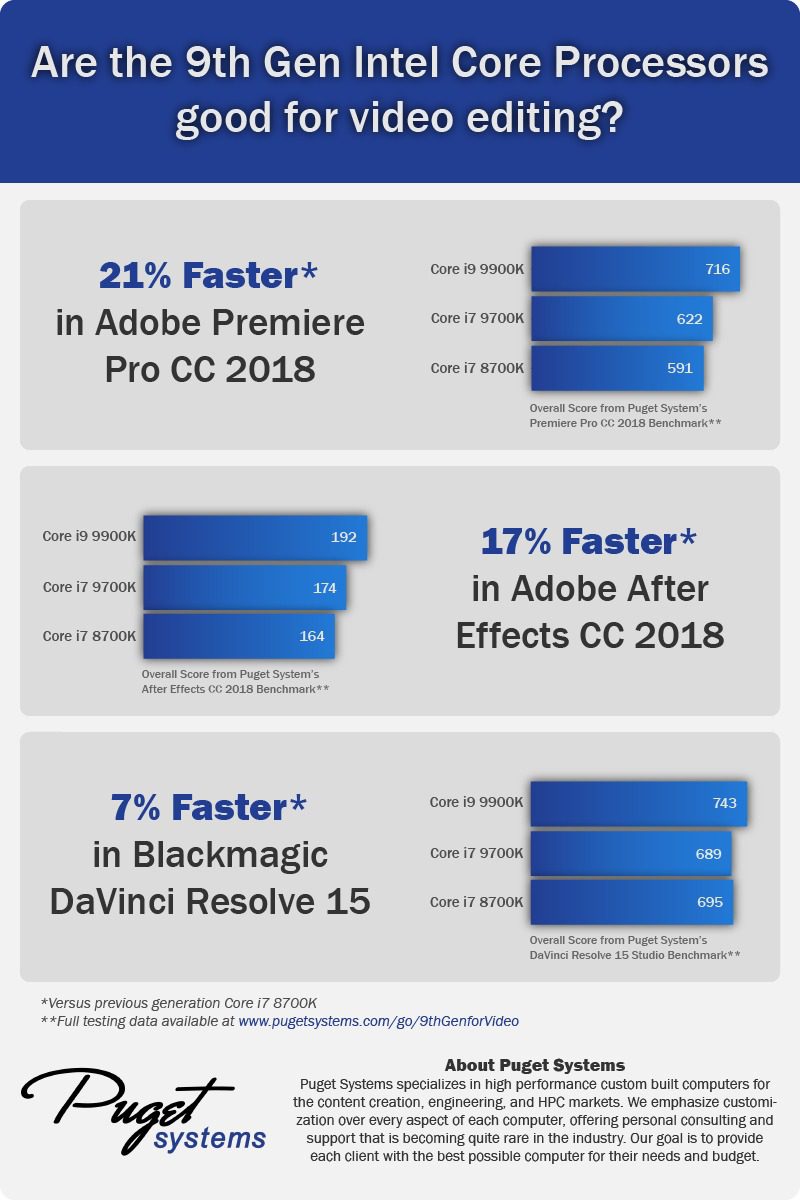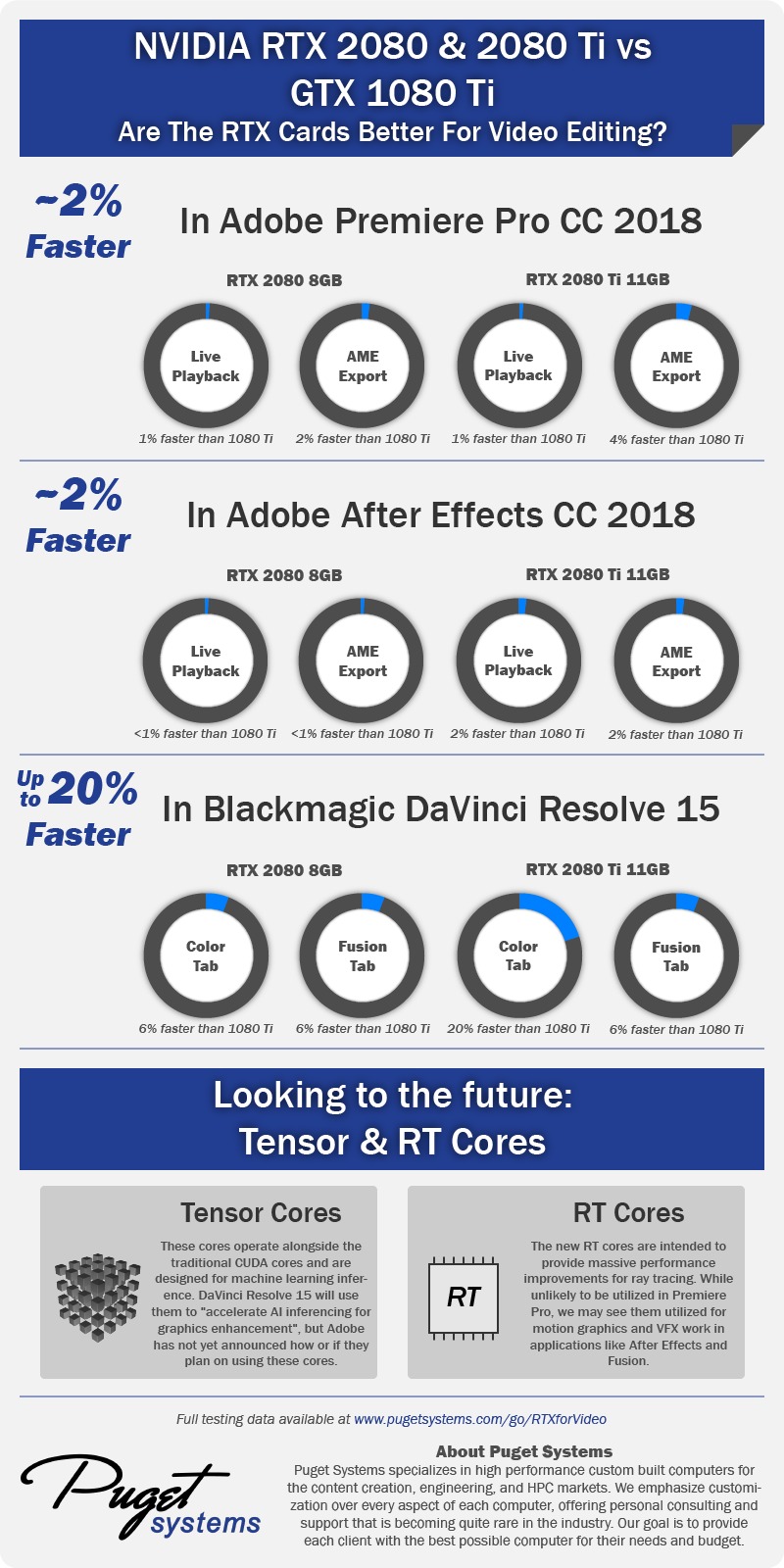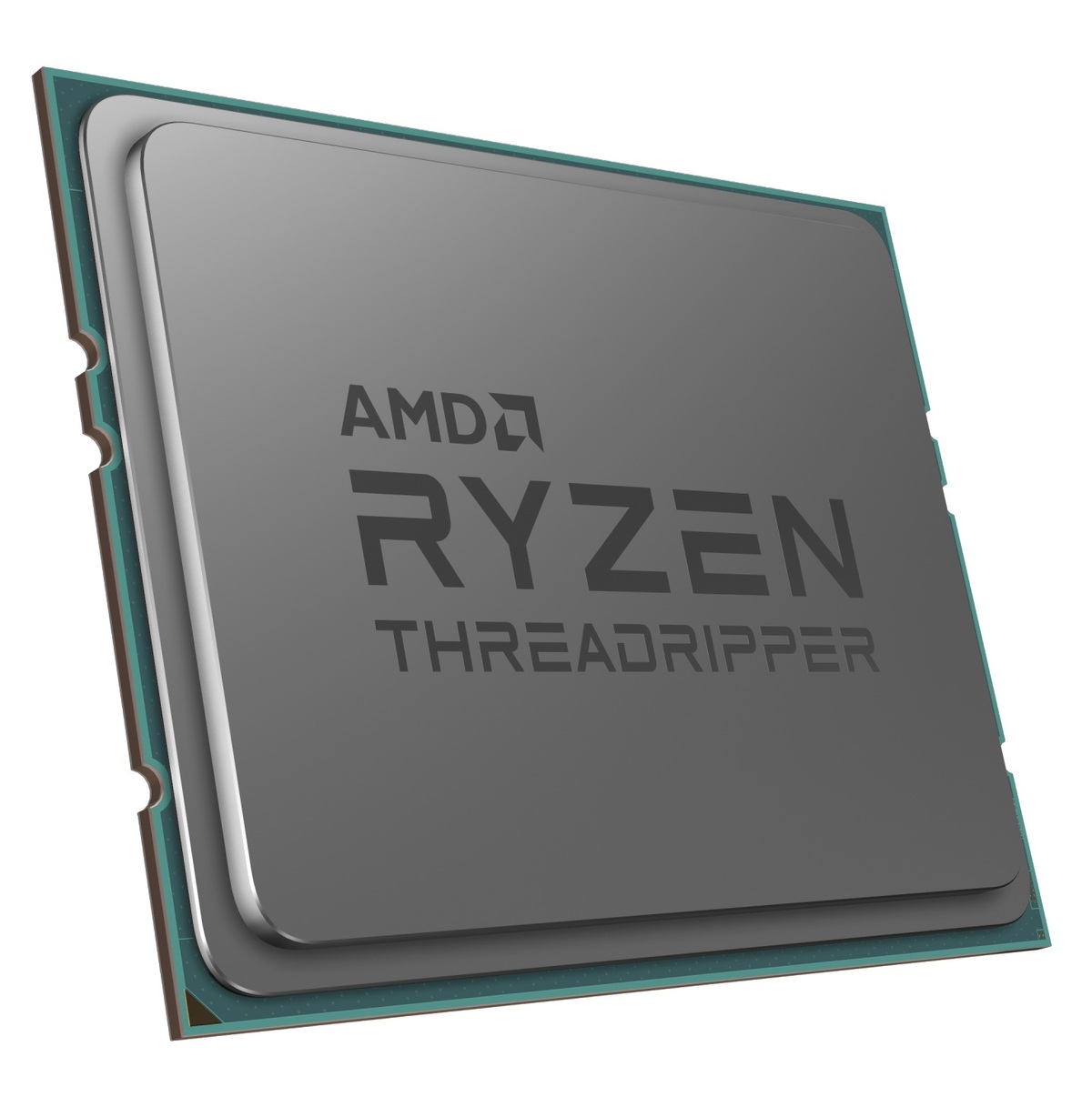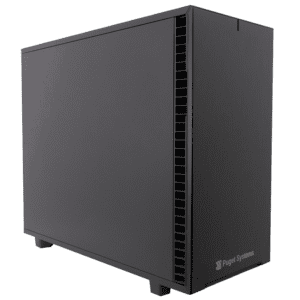AMD has recently released the Ryzen 5800X3D, which is their first desktop processor using 3D-stacked L3 cache. This CPU has been very clearly marketed towards the gaming industry – and not content creation – but we wanted to see how well it holds up in content creation applications like Photoshop and Premiere Pro.
